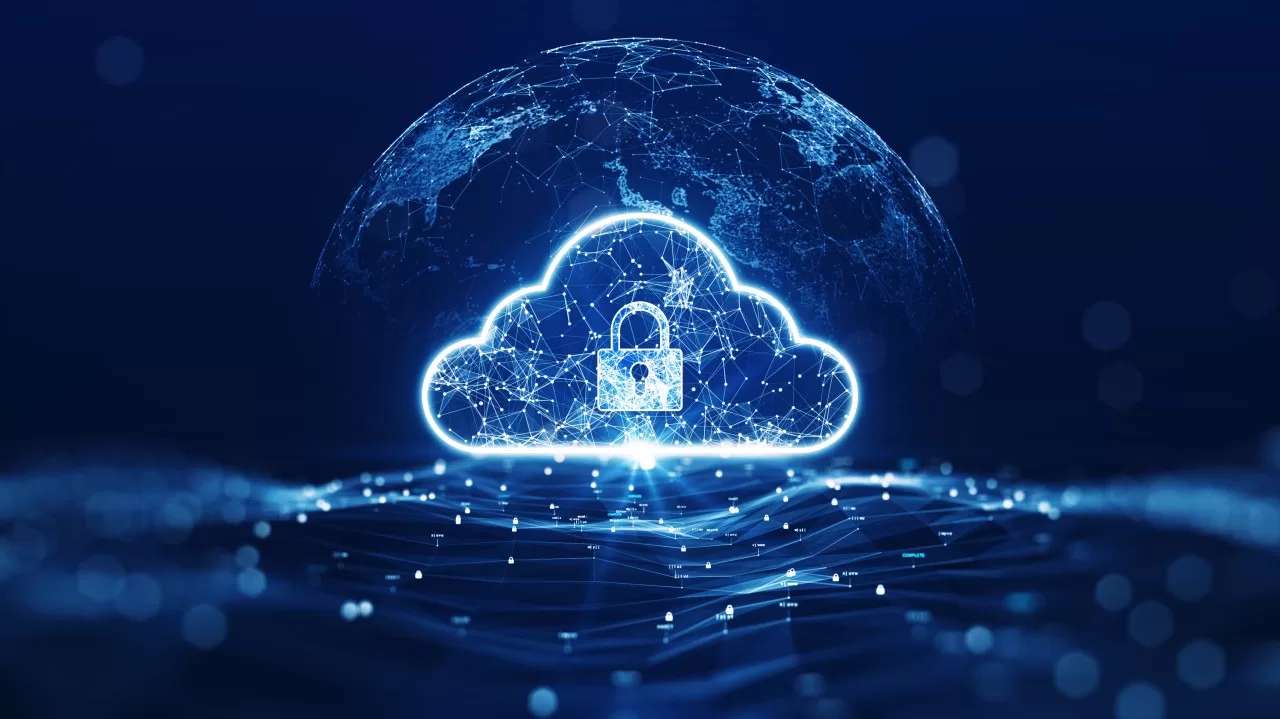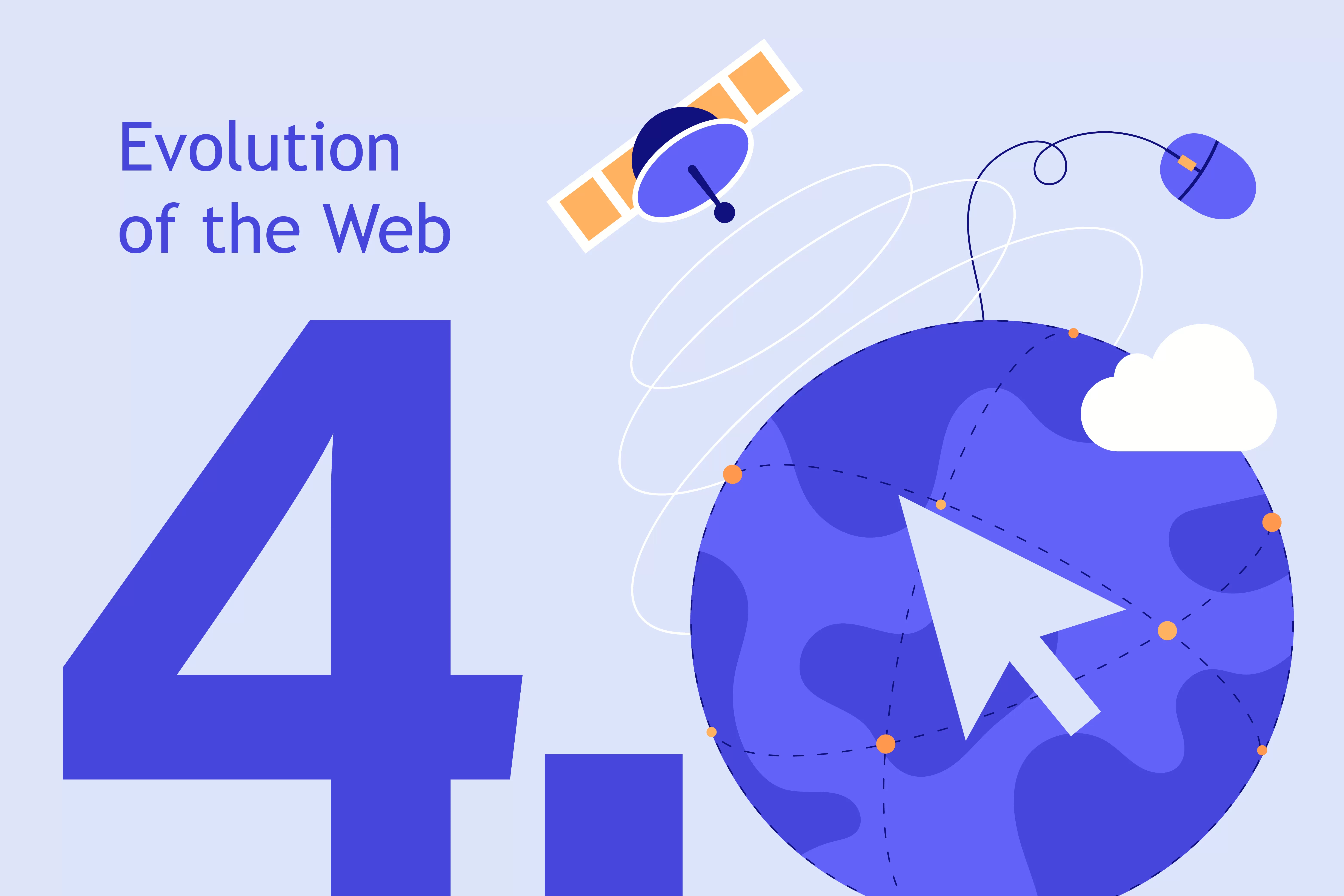Want to hide your IP address when browsing the web? Get a VPN!
Want to use BBC iPlayer whilst you’re on holiday in the Maldives? Get a VPN!
Concerned about your online security? Get a VPN!
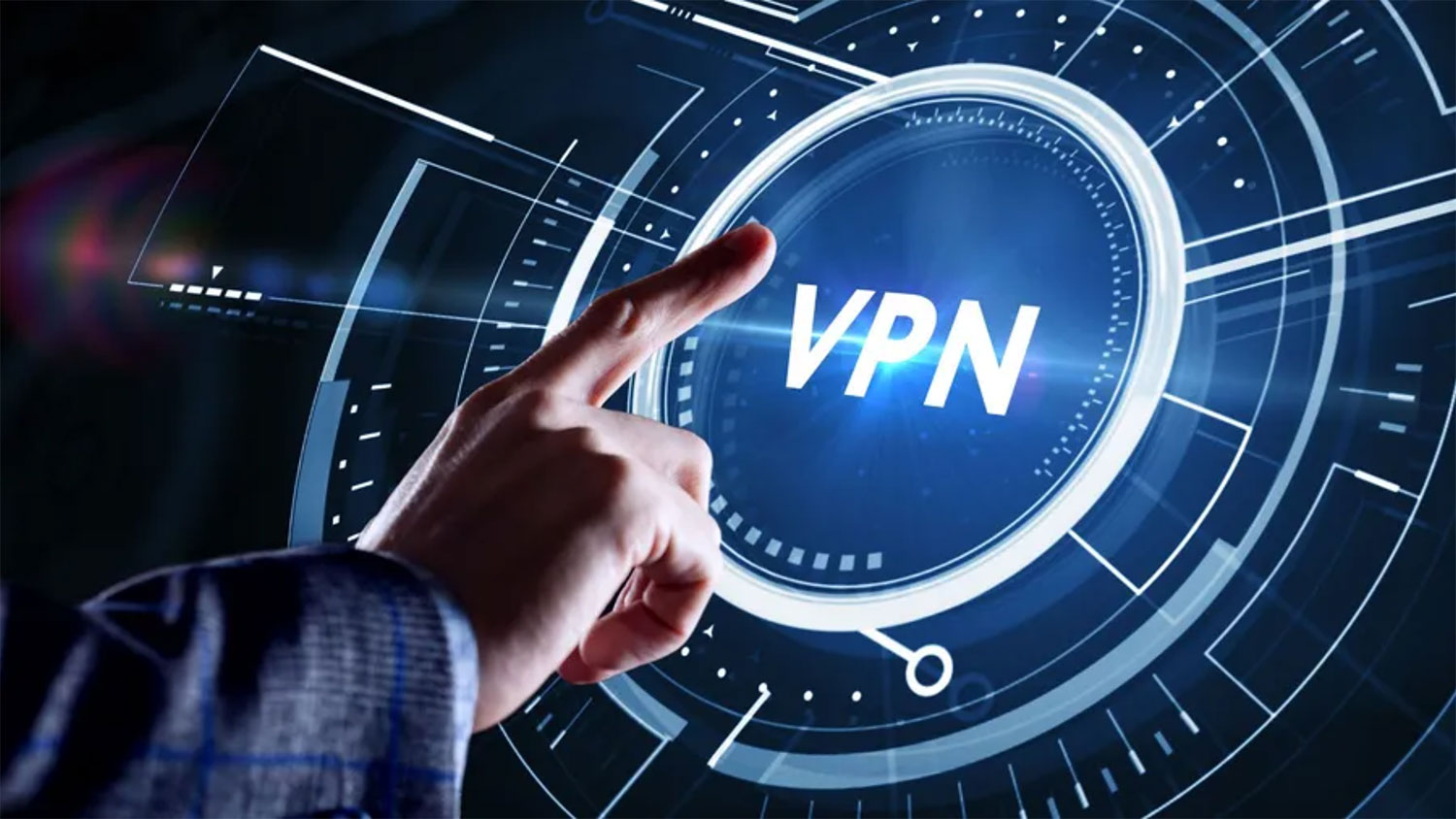
We’ve all heard that VPNs are useful – there’s a reason every other YouTube sponsorship is for a VPN provider. We live in an age where many of us have grown up online, so our understanding and awareness of online privacy and security is stronger than ever. And whilst VPNs do offer a great deal of protection amongst other big benefits, it’s important to also consider their limitations. What should you be looking out for when shopping for a VPN provider? What do VPNs protect against, and when might you need extra protection?
What is a VPN, and how do they work?
VPN stands for Virtual Private Network, and VPNs provide users with a more secure, private way to browse the internet. When your device is connected to a VPN, all your data will be sent through the VPN server via a digital tunnel between your device and the server, which secures all the data you send and receive through the application of various encryption protocols. When this happens, your IP address will be hidden, and you will instead appear to have the IP address of the VPN server you are connected to.
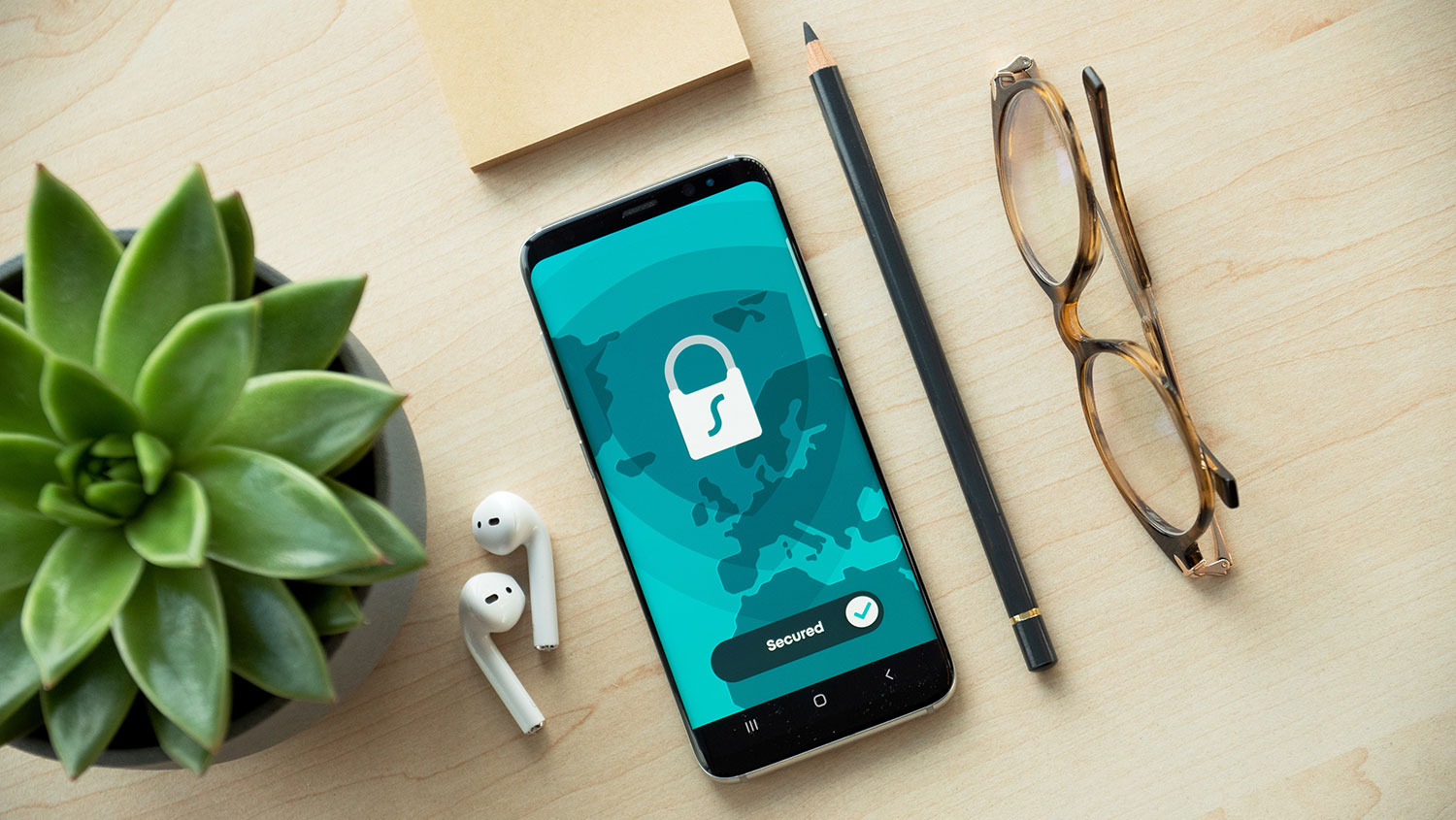
Benefits of VPNs
VPNs enhance your internet security
One of the primary advantages of VPNs is the heightened security they provide. By encrypting your internet traffic, VPNs safeguard your data from potential threats such as hackers, identity theft, and malicious activities. VPNs are especially valuable when using public Wi-Fi networks, where your information can be vulnerable to interception.
Quality control
With mental health services stretched thin, AI can be used to monitor, maintain and improve the quality of the services provided to patients. In fact, the mental healthcare provider ieso is already utilising the power of AI to measure session-by-session patient progress and analyse the language used by therapists. The service consists of online, typed therapy sessions, led by humans but supported by an AI technique called natural-language processing (NLP), which processes the transcripts of every session. This provides researchers with a huge, de-identified dataset which is analysed to understand more about how to help patients.
More widespread application of this technology could ease some of the pressure on healthcare services by improving the quality of care, strengthening patient progress and improving recovery rates.

VPNs provide privacy protection
VPNs mask your IP address and replace it with the IP of the VPN server you connect to. This protects your online identity and helps maintain your privacy. ISPs (Internet Service Providers), government agencies, and other third parties are unable to monitor or track your online activities, creating a safer and more private browsing experience.
VPNs can bypass geographical restrictions
VPN services allow users to bypass geographical restrictions by granting access to servers located in different countries. This enables users to circumvent content blocks or censorship imposed by governments or organisations. With a VPN, you can access geo-restricted content and streaming services from anywhere in the world.
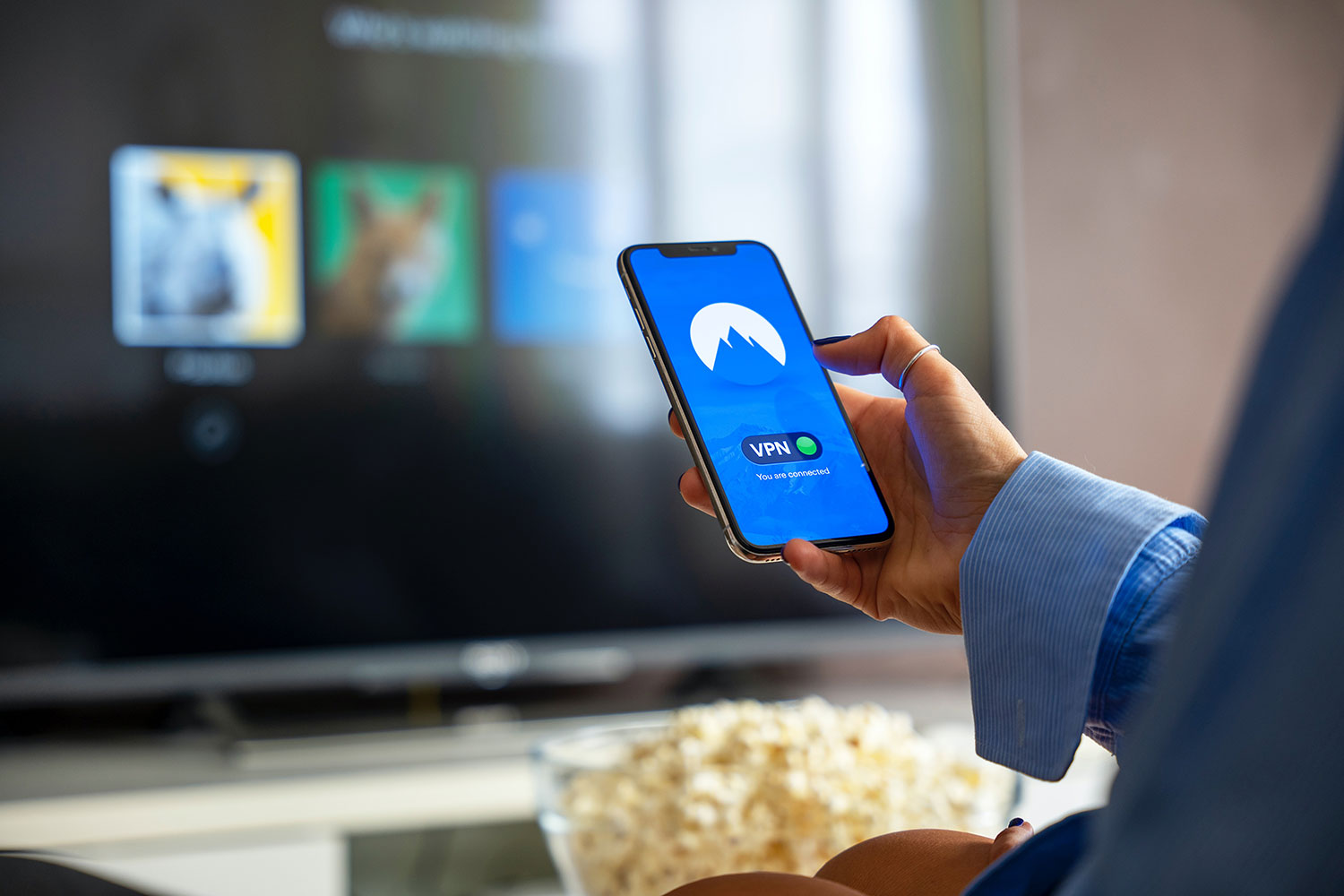
VPNs facilitate remote access
VPNs facilitate secure remote access to internal networks, making them indispensable for businesses. They allow employees to connect to their workplace resources remotely while maintaining the integrity and confidentiality of sensitive information. Additionally, VPNs offer anonymity by shielding your real location and enabling you to appear as if you’re browsing from a different region.
Limitations of VPNs
VPNs can decrease your connection speed
One common limitation of using VPNs is the potential impact on internet speed. Encrypting and routing your traffic through a VPN server can introduce latency, resulting in slower connection speeds. The extent of this slowdown depends on factors such as the distance to the server and the VPN provider’s infrastructure.
Not all VPNs are secure
VPNs are all about increasing your security and privacy online, so it might be surprising that many VPN providers can pose a threat to this. When your device is connected to a VPN, all your data will be sent through the VPN server, and not all VPNs are equally trustworthy. Some will log this user data and compromise your privacy. This is why it’s important to do your research and choose a reputable VPN service with a verified no-log policy.

Limitations of VPNs don’t protect you from everything
With the way VPNs are advertised as giving you security online, it’s easy to feel invincible whilst surfing the web through one. However, VPNs aren’t an all-encompassing, bulletproof security measure: for example, using one won’t protect you against malware or phishing attacks. VPNs also can’t hide your information from websites you’re logged into, such as Facebook or Google, or stop advertisers from collecting information about you in the form of cookies.
Limitations of Some websites employ anti-VPN measures
Certain applications or services may not work properly when used with a VPN. Some websites and online platforms, such as Netflix and Steam, employ anti-VPN measures to restrict access, meaning you’ll have to disconnect from the VPN before accessing the programme. If you do use a VPN to access one of these platforms, your account may be suspended.
Virtual Private Networks offer significant advantages in terms of security, privacy, and accessibility. They serve as a shield against potential threats and allow users to navigate the internet more freely. However, VPNs also have limitations, including the potential impact on internet speed, cost, and compatibility issues. Understanding these pros and cons helps you to make informed decisions when you’re considering using one. Remember, choosing a reputable VPN provider is key to maximising the benefits and minimising the limitations associated with VPN usage.
At ASPEKT, we’re fascinated by the latest developments in everything digital. For more insights into the ever-evolving digital landscape, visit our Instagram or click here to view the rest of our blogs.
Written by Bethany Piper
Copywriter | ASPEKT
June 2nd, 2023


